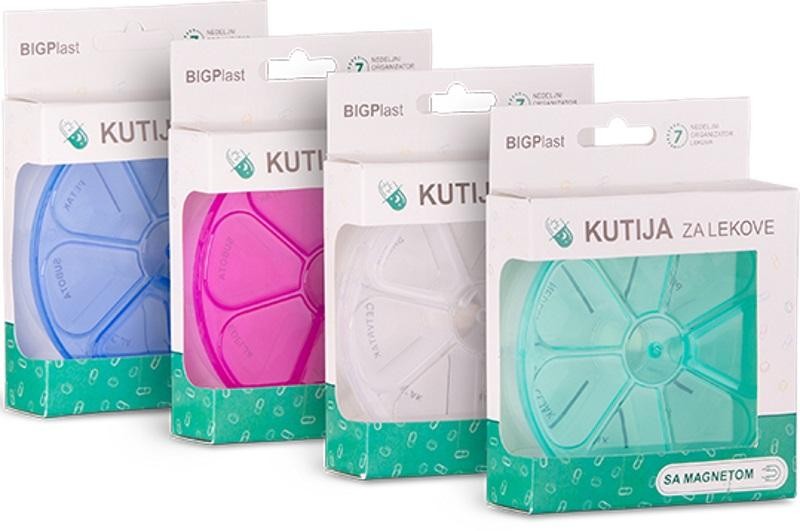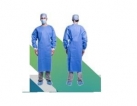pill box
Serbia, Belgrade District, Belgrade (Belgrade District) - view exact locationProduct Information
Order volume from: On request
Delivery terms: Pickup
Description
Cardiac rhythm management (CRM) is an essential aspect of the healthcare industry aimed at artificially controlling and monitoring the heartbeat. It primarily revolves around the utilization of small, battery-powered devices that are surgically implanted into the human body and connected to the heart. These devices play a crucial role in regulating the heart rhythm and ensuring the overall well-being of patients.
Among the most prevalent devices used for cardiac rhythm management are pacemakers and cardioverter defibrillators (ICDs). Pacemakers are responsible for delivering electrical impulses to the heart to stimulate its contractions, ensuring a consistent and healthy heartbeat. On the other hand, cardioverter defibrillators are designed to detect and treat abnormal heart rhythms by delivering a controlled electric shock, restoring the heart's normal rhythm.
The field of cardiac rhythm management is of utmost importance in the medical industry, as it plays a significant role in the management and treatment of various cardiovascular conditions. By providing artificial support to the heart and closely monitoring its rhythm, these devices bring immense benefits to patients, enhancing their quality of life and reducing the risk of life-threatening cardiac events.
With continuous advancements in technology and medical research, the field of cardiac rhythm management continues to evolve, resulting in the development of more sophisticated and efficient devices. These innovative solutions enable healthcare professionals to offer improved patient care, catering to a wide range of cardiac conditions and customizing treatment plans according to individual needs.
In summary, cardiac rhythm management revolves around the use of implantable devices, such as pacemakers and cardioverter defibrillators, to control and monitor the heartbeat. This industry contributes significantly to the management and treatment of cardiovascular conditions, enhancing patient well-being and reducing the risk of cardiac events. Ongoing advancements in technology ensure that patients receive the best possible care and tailored treatment plans based on their specific requirements.

 Business
Business













